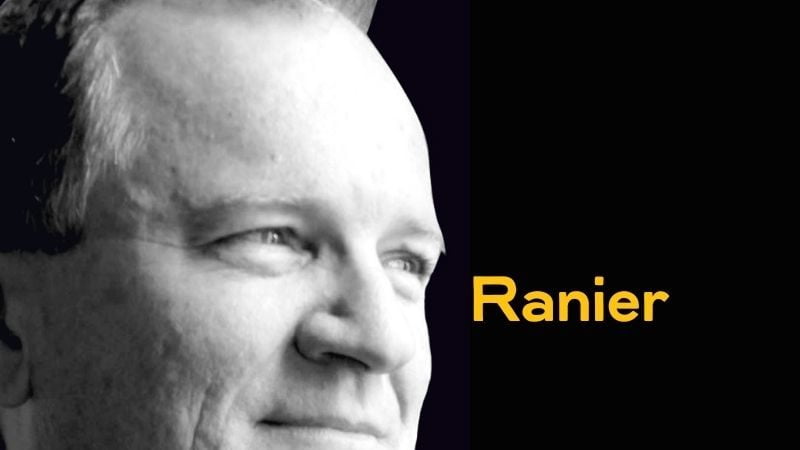It was the Roman satirist Juvenal who asked, Who will guard the guardians? Robert Abela has updated that classic question: Who will judge the public inquiry’s judges? Why, himself, of course.
He has announced he will let us know what he makes of the judges’ eventual report and if it’s worth attending to. The man who criticises the judges for ‘politicising’ a political question — does the State bear some responsibility for Daphne Caruana Galizia’s assassination? — doesn’t hesitate to put the judges in the dock, instead of the State.
The panel was never supposed to get as far as it did. The early testimony by the political operatives at the Office of the Prime Minister was a wall of silence. No one ever saw anything or discussed anything, not even the assassination.
Ministers testified to doing their duty. In Cabinet, they discussed things on principle, not in detail. They advised Joseph Muscat to sack Konrad Mizzi. But it was their duty as parliamentarians to follow the whip and give a parliamentary vote of confidence in Mizzi.
It looked like the report was going to be starved of the necessary information. The OPM operatives didn’t even try to be credible. A report that blames everyone and no one is easy to ignore. How can you be faulted for not acting on generic criticism?
But the inquiry has shown that even silences can be revealing.
First, we know that, with rare exceptions, the secondary characters would do it all over again. Most ministers are convinced they acted right. The operatives all invoked principle — like “freedom of expression” — to justify their role in pinning a political target on Caruana Galizia’s back.
Second, the most senior policemen contradicted each other, when not blaming lack of resources. The question of whether Caruana Galizia should have had police protection pales beside the loneliness of her investigations. You can’t pay attention to the police testimony without concluding there was little chance of the police ever getting to the bottom of her claims.
Third, the inquiry has revealed a pattern among Labour politicians and operatives. They actively avoided learning too much.
Ministers claimed the government was run by Cabinet. But it seems they never discussed Panamagate as a Cabinet. They were ready to discuss the matter one-on-one with Muscat, and accept meekly that Keith Schembri’s future was off the table.
They invoked duty to explain voting for Mizzi but said nothing about a responsibility to threaten multiple resignations if he wasn’t sacked. And when it came to the shady deals, key ministers preferred to keep their involvement to a minimum, rather than raise the uncomfortable questions.
As for the operatives, for them not ever to discuss the assassination beggars belief. In this case, they were witnesses prepared to dissemble under oath.
If they really didn’t discuss the assassination than that had to be because they were deliberately tiptoeing around a subject that they themselves considered too hot for comfort. In this case, they revealed that even they did not exclude that some of the people they worked for could have some responsibility, direct or indirect, for the assassination.
Fourth, the inquiry disrupted the post-Panamagate strategy of strategic silence. Until the inquiry called them as witnesses, Schembri and Nexia BT rarely made public pronouncements. Muscat and Mizzi spoke more but refused to answer questions about their inconsistencies.
The inquiry flushed them out into the open. Brian Tonna and Karl Cini refused to answer questions so as not to incriminate themselves; Mizzi, likewise. Muscat and Schembri spoke and managed to contradict themselves, and each other, on certain key points.
Throughout, both answers and non-answers have been damning. Policemen were too close to people they should have been investigating. Politicians were too detached from how the government they formed part of was operating. The Panama gang’s answers keep changing and contradicting each other.
Yet, it’s the judges’ questions that are criticised by Muscat and Abela. The judges are attacked for asking too much but also for asking too little. What about the media’s role? asked Muscat. The media are not part of the State, except metaphorically. What about this, then? Or that?
The point of this whataboutism is, of course, to insinuate that the report will be seriously incomplete. And the point of insisting that the report is concluded soon is to ensure that there is no time for the report to be fully comprehensive.
The public debate can then focus on the judges’ “irresponsibility”, rather than on the State’s responsibility. The judges will be in the dock.
The judges will then be accused of embarking on a fishing expedition. But no one has caught so much fish since Jesus instructed the disciples to cast their nets one more time.













‘ But no one has caught so much fish since Jesus instructed the disciples to cast their nets one more time. ‘
Heavy and stark fish in the judges’ net.
The ones that shied the net are still lurking in the shalows.
Artiklu iehor veritier u onest.